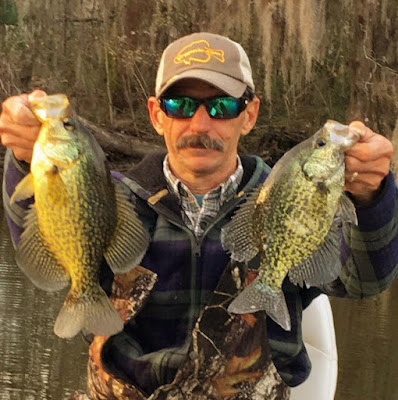Top to Bottom for Cold water Specs

Maybe this blog should read, from "bottom to top." Cold water temps can make speckled trout fishing tough at times. This last cold snap has been no different. While red fishing was fantastic, the cold water had slowed the trout bite, or had it? While it is certainly true when water temps are in the forties, trout are difficult to catch. There are always exceptions to this rule. Deeper waters may produce trout even with cold water temperatures. When the waters warm to the fifties, it becomes much easier to catch wintertime fish. The one thing to know about cold water trout fishing is to figure out what presentation is most effective. Today was a perfect example of what to do and what not to do. Some folks went home with very few fish, while others had limits. So what made the difference from a slow bite to fast and furious? It was simply presentation. Trout fishing can be predictable if you know the pattern. If it has been a cold night, it may be better to either find deepe...
